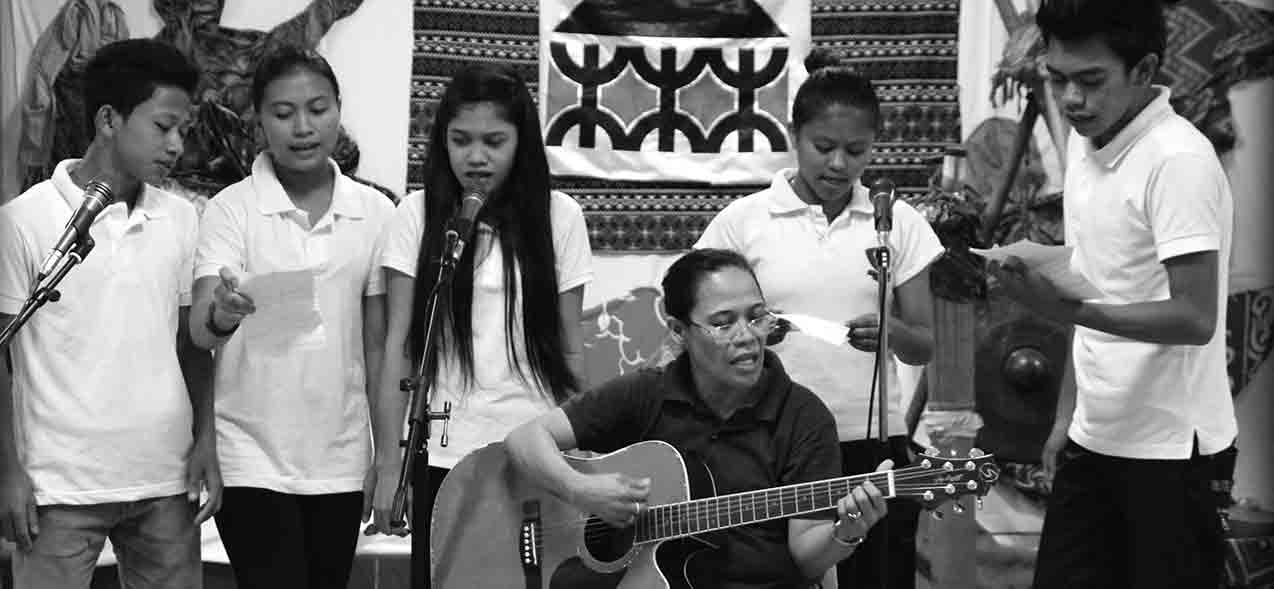UN Committee asks Philippine government to end impunity and address obstacles to implementation of Anti-Torture Act

The UN Committee against Torture has expressed concern over the persistence of impunity for acts of torture despite the enactment of the Anti-Torture Act in 2009 in the Philippines. It noted that only one perpetrator has been convicted considering the rising number of torture cases compiled by the Commission on Human Rights six years after torture was declared a criminal offense.
“While welcoming the adoption of national legislation criminalizing torture, the Committee is concerned that obstacles continue to exist for the effective implementation of the Anti-Torture Act,” the Committee said in the advance version of its concluding observations following its consideration of the third and latest periodic report of the Philippines to the UN treaty body on April 27-28, 2016.
The Committee has expressed “alarm” at reports that the overwhelming majority of reported torture cases take place in police stations in order to extract information to be used in criminal proceedings. It has also noted of reports of the existence of secret detention places where persons have been routinely tortured, including children. It cited as example the infamous “wheel of torture” case in Laguna where police officers were found to be routinely torturing detainees in an unofficial and undeclared place of detention. No police officer implicated in that incident has been charged criminally under the Anti-Torture Act.
The Committee enjoined Philippine authorities to promptly carry out the prosecution of perpetrators of torture, including those with command responsibility as it called on the “highest level” of government to issue a public statement affirming unambiguously that torture will not be tolerated and ensure that investigations will be carried out promptly in all cases, among other recommendations.
The Balay Rehabilitation Center, which serves as the secretariat and convener of the United against Torture Coalition in the Philippines (UATC) – has participated as observer in the two-day hearing in Geneva where the Committee carefully scrutinised the performance of the Philippine Government in eradicating torture. It has also submitted an extensive background information to the Committee on rehabilitation, investigation and prosecution for torture cases.
UATC members that also travelled to Geneva to brief the Committee on their key concerns are the Medical Action Group (MAG) and the Children’s Legal Rights and Development Center (CLRD). International organizations such as the International Rehabilitation Council for
Torture Victims (IRCT), OMCT-Torture, Amnesty International, and the Danish institute against Torture (DIGNITY) supported the Filipino civil society organizations in producing their shadow reports and in participating in the CAT session.
“The Committee report has provided the stakeholders in the Philippines a platform to advance the advocacy for freedom from torture. We hope that the soon-to-be proclaimed president, Rodrigo Duterte, would heed the UNCAT recommendations and instil a strong sense of accountability among law enforcers, security forces, and other duty-bearers. we hope that Mr. Duterte, as head of state and a crusader for the strict observance of peace and order, will abide by the commitments of the government to international human rights law and take steps so that change will really happen in favour of the victims of abuses, neglect, violence, exploitation, and other forms of human rights violations” said Ernesto Anasarias, Balay Program Coordinator.
Included in the major recommendations of the Committee against Torture to the Philippine government are the following:
- To take effective measures to guarantee that all detained persons, including minors, are afforded in practice all fundamental legal safeguards, such as being informed of the charges against them and about their rights, both orally and in writing, in a language that they understand, and to sign a paper that they have understood the information provided to them
- To facilitate a prompt access to a lawyer for arrested persons from the very outset of arrest and an immediate access to an independent medical examination, free of charge and not in the presence of police officers
- To ensure that investigation and prosecution of torture cases are systematically carried out and establish a database on the number of investigations, prosecutions, convictions, sanctions, and compensation granted to victims of torture and members of their families
- To sanction all instance of blindfolding and carry out full investigation of possible command responsibility in cases where identification of primary perpetrators is impaired by the use of blindfold
- To prosecute all those involved in maintaining secret places of detention and close down all unofficial detention facilities.
- To ensure that allegations of torture are effectively investigated through training on the Istanbul Protocol and protection of medical professionals documenting torture and ill-treatment and systematically pursuing command responsibility in all cases where the direct perpetrator cannot be identified.
- To implement the rehabilitation programme by designating a lead agency, making adequate budgetary provisions for the programme, and by ensuring rigorous monitoring and evaluation.
- To strengthen the Witness Protection Program (WPP) by giving high priority to the funding of the program and providing expanded rights and benefits to prospective witnesses and to ensure that it affords effective protection against reprisals and other harassment to all witnesses.
- To ensure the regular functioning of the special team of investigators and prosecutors under the Inter-Agency Committee so that it can start fulfilling its role for the prosecution of cases of torture, enforced disappearance, and extra-legal killings.
- To expedite without delay the establishment of National Preventive Mechanism and make public the findings and implement the recommendations of the UN Subcommittee on Prevention of Torture based on its visit in the Philippines in 2015.
- To take effective measures to enforce relevant legislation and prevent extra-judicial killing and enforced disappearance.
- To investigate all reports of torture and ill-treatment of children in conflict with the law

